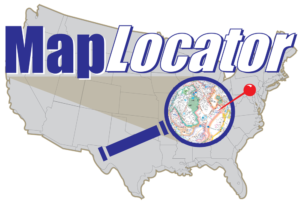Family Reentry – Looks like the best reentry organization in Connecticut.
| Food/Nutrition
The Supplemental Nutrition Assistance Program (SNAP), formerly known as Food Stamps, helps low-income individuals and families afford the cost of food at grocery stores and farmers’ markets. You can apply for these benefits by completing a state application form. This form can be mailed, faxed, or dropped off at a local DSS Regional Office. Once the form is complete, you will be assigned an eligibility worker who will interview you to complete the application process The Emergency Food Assistance Program (TEFAP) Connecticut Nutrition Assistance Plan (CTNAP) The Commodity Supplemental Food Program (CSFP) works to help improve the health of low-income persons at least 60 years of age by supplementing their diets with nutritious food products provided by the U.S. Department of Agriculture (USDA).
Your food stamp benefits and/or cash assistance benefits are kept in special accounts for you until you want to use them. If you getSupplemental Nutrition Assistance Program benefits (SNAP) formerly known as FOOD STAMPS from DSS, most grocery stores will accept your EBT card. You use your EBT card much like you would a debit card, by swiping and entering a pin number when you check out at the store. Employment and Training – Your Path to Employment Many Farmers’ Markets and Farm Stands throughout Connecticut now can accept EBT/SNAP (Formerly known as Food Stamps). This means you will once again be able to buy locally grown fruits and vegetables that arrive more quickly and fresher than those transported long distances from other states and countries. Simply bring your EBT card to the table with the sign that says “SNAP/EBT accepted here” at participating Farmers’ Markets and Farm Stands. The Market Master will swipe your card for the amount that you want and give you Market Tokens that can be used at all the stands at that market. A listing of food banks and emergency food assistance locations in your area can also be obtained by calling 211 from any area in the state – just dial 211 or visit the 211 website http://www.infoline.org/ (Please note this is an external website not maintained by the Department of Social Services) Women Infants and Children (WIC)
The Special Supplemental Nutrition Program for Women, Infants, and Children – better known as the WIC Program – serves to safeguard the health of low-income women, infants, and children up to age 5 who are at nutritional risk by providing nutritional assessment and education, referrals to health care and nutritious foods to supplement diets. (Please note this is an external website not maintained by the Department of Social Services) Content Last Modified on 5/12/2015 12:22:53 PM |







Recent Comments